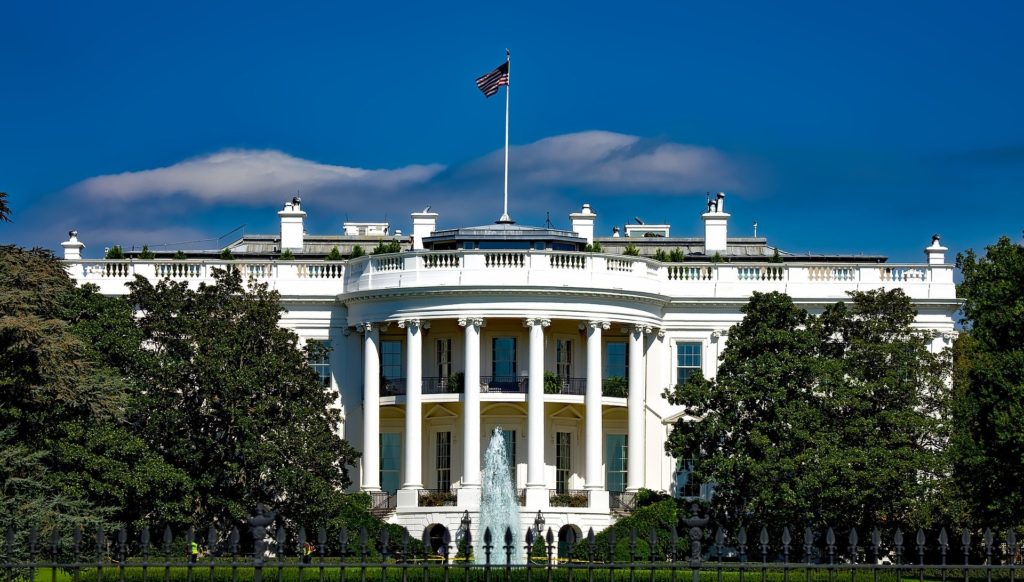The calendar is now a primary enemy to behavioral health reform at the federal level.
Time is running out for Congress and advocates to accomplish legislative reforms before the end of the year, according to a panel of policy and advocacy experts at Behavioral Health and Well-Being Congress. November also brings another round of federal elections and, shortly thereafter, the end of the congressional session.
The federal elections in November and the subsequent lame-duck period before the beginning of a new session of Congress could not only interrupt the work that has materialized over the last few years; It could also alter the makeup of the House and Senate.
“It’s an election year and so what will happen will be anybody’s guess in a toss-up,” Maeghan Gilmore, vice president of government affairs for the Association for Behavioral Health and Wellness (ABHW), said during the panel. “As we look at the next three months and the elections that are coming, we know that the calendar is not in our favor — as we have been saying for months.”
However, there is a reason for hope, Gilmore and other panelists said.
“These are all bipartisan, bicameral bills in both chambers of Congress,” Laurel Stine, executive vice president and chief policy officer for the American Foundation for Suicide Prevention, said of a list of behavioral health-related bills active in Congress.
The bipartisan nature of several mental health-related efforts means there is potential that some of the proposed bills will be passed before the end of the session. The panelists pointed to the passage and implementation of the Bipartisan Safer Communities Act, for instance.
While framed by many as a gun-control measure, the bulk of the funding in the Bipartisan Safer Communities Act is appropriated to behavioral health initiatives, specifically youth mental health and school-based mental health initiatives as the expansion of the certified community behavioral health clinic (CCBHC) model.
The Restoring Hope for Mental Health and Well-Being Act, sponsored by Rep. Frank Pallone Jr. (D-N.J.), could also see movement, according to panelists.
The bill is an amalgamation of several behavioral health-related regulations. On top of reauthorizing and funding several existing measures, it would remove the requirement that patients be addicted to opioids for a year before being admitted to an opioid treatment program (OTP) and eliminate the so-called X waiver for the prescription of buprenorphine to treat opioid use disorder (OUD).
On Wednesday, a new congressional report estimated that the opioid crisis cost the nation upwards of $1.5 trillion in 2020 alone, underscoring the need for further federal action.
“Congress and the administration are paying such close attention to our issues,” Pamala Greenberg, CEO and president of the Association for Behavioral Health and Wellness (ABHW), said in introducing the panel. “They are really taking a deeper dive into the things that we’ve been working on, some of us for decades, and are finally getting the attention that we deserve.”
What should advocates focus on now?
The panelists made several comments about modernizing the behavioral health elements of Medicare.
Doing so would make sense from a health care perspective as well as a financial perspective, Kelly Corredor, chief advocacy officer for the American Society of Addiction Medicine, said.
Corredor referenced a report by the Legal Action Center that found that expanding the scope of Medicare SUD coverage would cost roughly $1.9 billion each year but, at the same time, lead to $1.6 billion in savings per year due to the decrease in other medical costs and hospitalizations associated with substance use disorder.
“A lot of the guidance coming out of CMS leaves behind or implies that people with a primary substance use disorder or no current mental health condition may not be eligible for such coverage,” Corredor said. “Clarifying that those folks are also included in these level of care service expansions would also mean that the facilities [need to be included.]”
Workforce initiatives included in a recent discussion draft legislation released by the Senate Finance Committee could have an immediate impact, Reyna Taylor, the National Council for Mental Wellbeing’s vice president of public policy and advocacy, said.
“The shortage we saw for mental health and substance use providers before the pandemic was astronomical, and now it is devastating,” Taylor said. “What we see is 97% of our organizations reporting an inability to retain their current workforce.”
The draft legislation would allow Medicare reimbursement for mental health services provided by licensed marriage and family therapists (LMFTs) and licensed professional counselors. The discussion draft includes provisions of the Mental Health Access Improvement Act of 2021 that was introduced by Sen. John Barrasso (R-Wyo.) in March 2021.
Caren Howard, director of policy and advocacy for Mental Health America, pointed to additional action around equity and the intersection of the justice system and behavioral health. She called for attention to be focused on the PEERS Act of 2021 and the Pursuing Equity in Mental Health Act .
The former would create a federal definition of a peer support specialist and include them in behavioral health integration models that involve Medicare.
The latter would require the federal government to fund the development of cultural competency programs focused on youth minority mental health, outreach programs for minority communities and establish grants for inter-professional behavioral health care teams in areas with a high proportion of racial and ethnic minority groups.
Still, the end of a congressional session with a midterm election looming creates a high degree of uncertainty that advocates will have to try to push through.
“What we hope to see and what we will see — I don’t know if they match up,” Stine said.
Companies featured in this article:
American Foundation for Suicide Prevention, American Society of Addiction Medicine, Association for Behavioral Health and Wellness, Mental Health America



